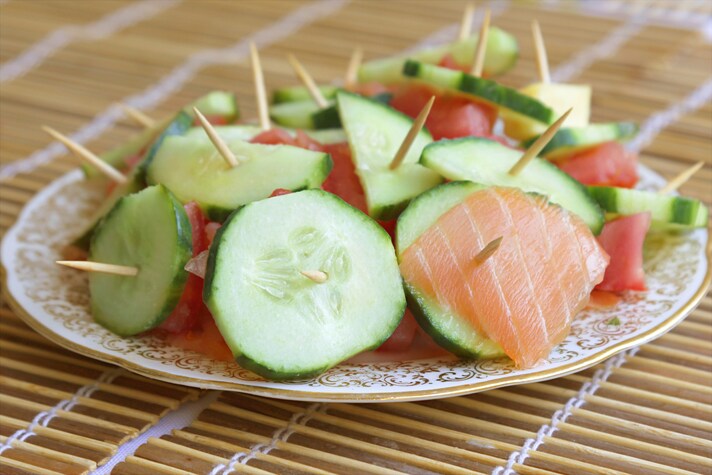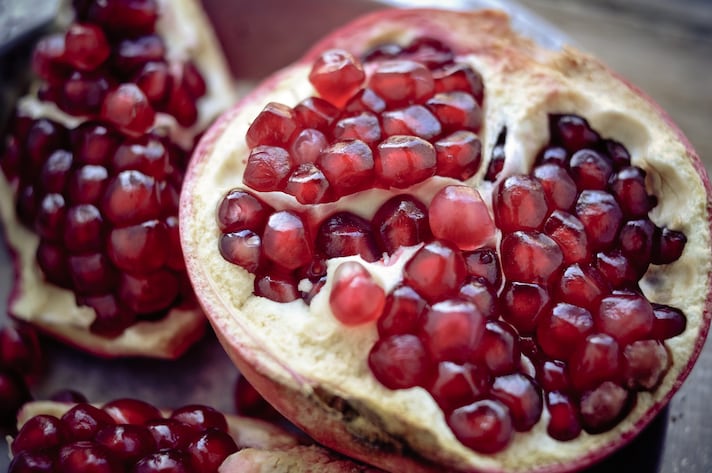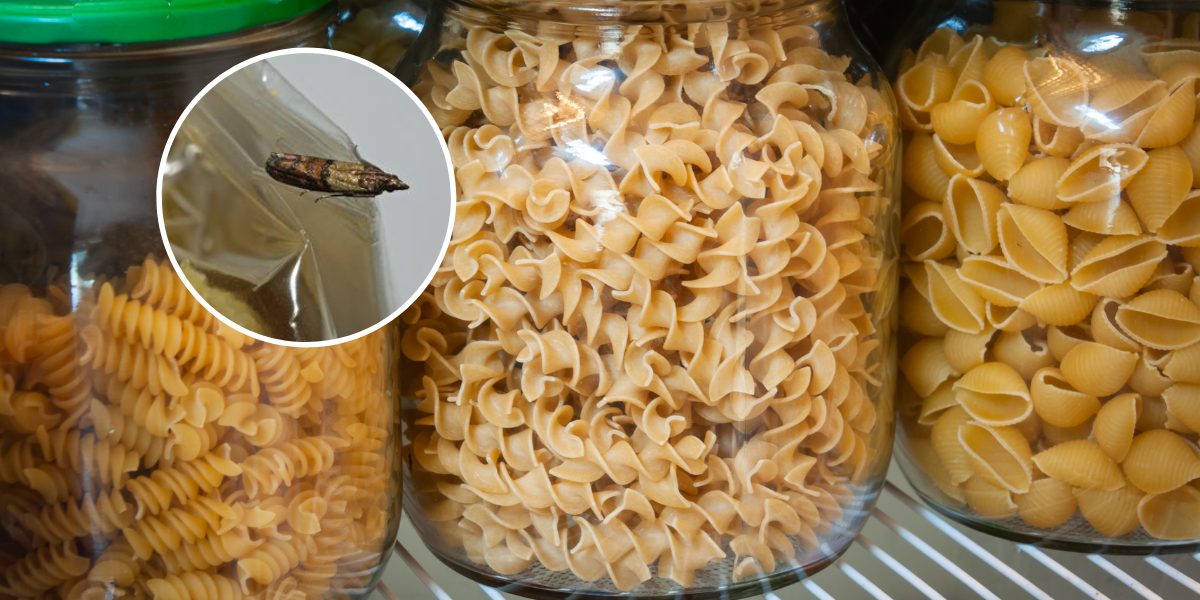12 Foods That (Along with Sunscreen) Help Prevent Sunburn
We have all heard about the dangers of sun on the skin, and how a lifetime of sun exposure can add up to leathery, prematurely aging skin - or worst of all - to skin cancer.
;Resize,width=742;)
Natural tans look great, but the reality is that they aren’t that good for us. We have all heard about the dangers of sun on the skin, and how a lifetime of sun exposure can add up to leathery, prematurely aging skin – or worst of all – to skin cancer.
Smart folk apply plenty of sunscreen, but there’s other things we can do to give our skin a helping hand in protection, such as eat certain foods that are known to protect skin from the sun when used alongside sunscreen.
1. Strawberries

Nutritionist Frida Harju suggests eating lots of berries rich in vitamin C, like strawberries, blackberries, and kiwi fruit in the summer months. This is because the vitamin C and the phytonutrients act as a natural sunblock and can help prevent your skin from burning.
Eat 100g strawberries or 1 ½ kiwis to get the optimum benefit.
2. Potatoes

Who knew the humble spud has sun blocking qualities? It’s the starch in them that helps to reduce the harm of sunburn, Harju says.
She opts for sweet potatoes as a healthier choice, and it has the added bonus of being high in beta-carotene and vitamin C.
3. Green Tea

“According to a study, drinking two cups of green or matcha tea a day could lower incidence of melanoma,” Harju notes. She adds that caffeine dehydrates you, so you should drink lots of water and limit your tea intake.
4. Guava

This fruit is high in vitamin C, so is good for skin. Guava contains five times more vitamin C than an orange, so there’s food for thought!
5. Oatmeal

Oatmeal is good for skin, and it contains an antioxidant that battles harmful free radicals in the body that cause damage to your skin.
Antioxidants also help ageing skin by boosting its ability to regenerate skin cells, which is why many anti-ageing products contain them.
6. Cucumbers

As cucumbers are made mostly of water, they help your skin to stay hydrated. That’s not all, though – they help the skin to produce collagen, which may help lower the risk of skin cancer, Harju says.
7. Tomatoes

Tomatoes are a good choice for helping protect skin from UV radiation. The vitamin C and lycopene (which makes tomatoes red) helps to keep the skin hydrated.
8. Watermelon

Eat three to four slices a day of this hydrating fruit during the summer months. It is also full of antioxidants, which help limit the UV radiation on your body.
9. Dark Chocolate

Harju says that dark chocolate “makes your skin smoother and protects from the sun’s radiation.” That’s down to the antioxidants it contains, but it does have to contain more than 70% cacao to be effective.
10. Carrots

“The beta-carotene in carrots, which the body converts to vitamin A, has been linked to reduced reaction to sunburn,” Harju tells us. This is good to know if you have already been sunburned.
11. White Vinegar

Again, if you’ve already been burned and want a way to soothe it, try white vinegar directly on the burned area, either by spraying it or using a compress.
12. Pomegranate

Pomegranate is very rich in antioxidants, ellagic acid, and has anti-inflammatory agents which can help skin to fight cell damage caused by UVA and UVB rays. Pomegranate also helps to fight against sun-related ageing.
;Resize,width=767;)
;Resize,width=712;)
;Resize,width=712;)
;Resize,width=712;)
